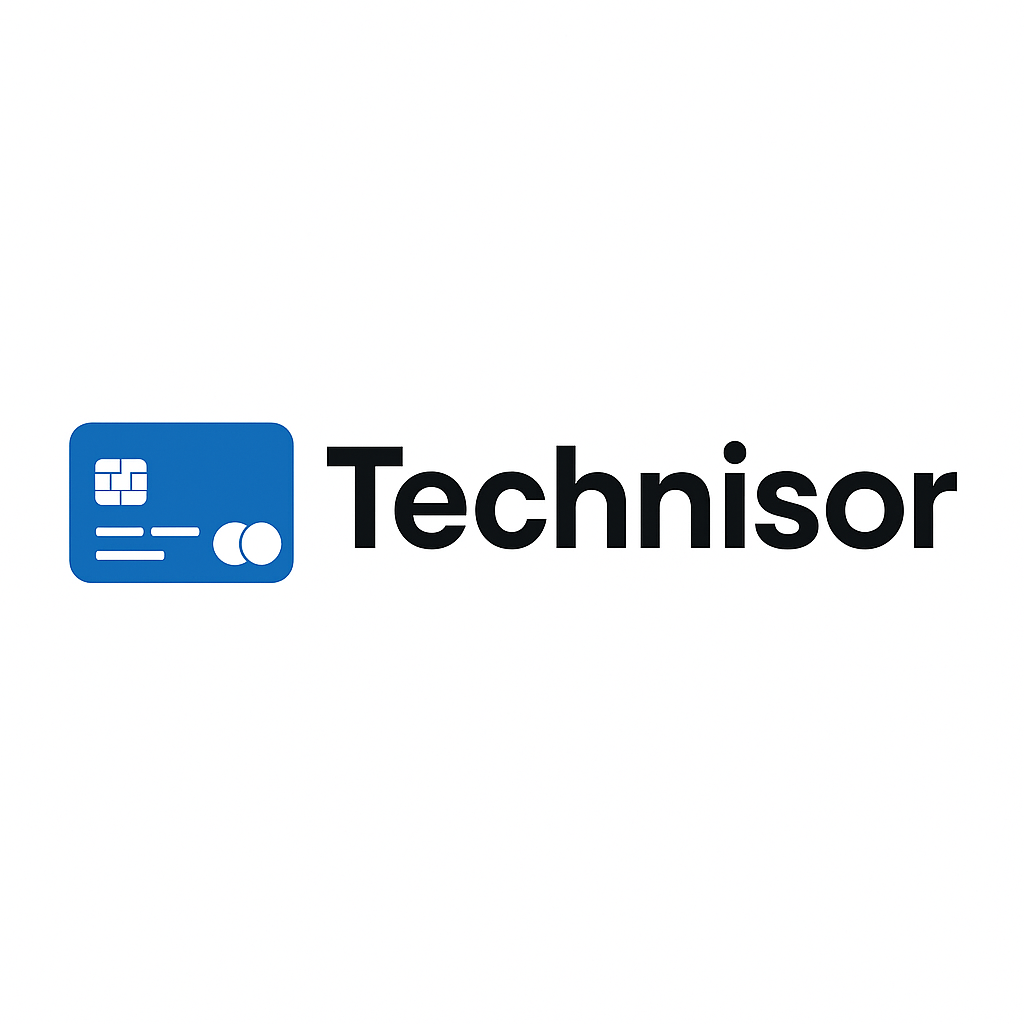How to check loan eligibility in New Zealand
Before applying for a loan in New Zealand, it’s smart to know whether you’re eligible.
Every bank and lender follows strict rules under the Credit Contracts and Consumer Finance Act (CCCFA), meaning your approval depends on specific factors — income, credit history, age, residency, and more.
Checking your loan eligibility beforehand helps you avoid rejections, protect your credit score, and understand exactly what lenders look for.
This guide explains the key eligibility criteria, documents required, and how you can assess your own financial position before applying for a loan.
✅ Common Eligibility Criteria
Although each bank sets its own lending policies, the general eligibility requirements for loans in New Zealand include:
- Age — You must be at least 18 years old.
- Residency — You must be a New Zealand citizen, permanent resident, or hold a valid work visa (usually with at least 12–24 months remaining).
- Income stability — Lenders will check that you have a regular and reliable income, whether from employment, business, or government benefits.
- Ability to repay — You must show that your income exceeds your expenses by enough to cover the new loan repayments.
- Credit history — Banks review your credit report from agencies like Equifax or Centrix to evaluate past borrowing behaviour.
- Banking conduct — Regular overdrafts, missed payments, or gambling transactions can reduce eligibility.
In short: lenders assess your financial responsibility, stability, and affordability — not just your income level.
🧾 Documents Required
When applying or pre-checking eligibility, most lenders will ask for:
- Proof of identity – NZ driver licence or passport.
- Proof of address – recent utility bill, bank statement, or tenancy agreement.
- Proof of income – payslips (usually last 3 months) or IRD tax returns for self-employed.
- Recent bank statements – typically the last 90 days, showing incoming payments and expenses.
- Employment details – contract, employer name, and contact number.
Having these ready not only speeds up approval but also increases your chances of a positive outcome.
🔍 How to Do a Pre-Eligibility Check
Most major lenders now allow you to check your loan eligibility without affecting your credit score.
💡 Here’s how:
- Use online calculators and pre-approval tools
- Many banks (ANZ, Westpac, ASB, BNZ) offer online tools where you can enter your income and expenses to estimate your borrowing capacity.
- Check your credit report for free
- Request a free report at creditsimple.co.nz or equifax.co.nz.
- Review your budget
- Ensure your disposable income comfortably covers loan repayments — lenders typically prefer your total debts to stay under 30–40 % of your income.
- Avoid multiple applications
- Each credit enquiry can slightly lower your score, so pre-check first and apply once you’re confident.
🏦 Bank-Specific Eligibility Examples
Below are the common criteria from major banks and lenders in New Zealand:
| Institution | Eligibility Summary | Source / Contact |
|---|---|---|
| ANZ NZ | 18 +, stable income, NZ citizen/resident or valid work visa; must show surplus income after expenses. | anz.co.nz/personal/loans |
| Westpac NZ | 18 +, NZ citizen/resident, income verified via bank statements or employer; existing customers can apply through internet banking. | westpac.co.nz/personal-loans |
| ASB Bank | 18 +, minimum annual income around NZ $20,000, valid visa or residency; online application available. | asb.co.nz/personal-loans |
| BNZ (Bank of New Zealand) | 18 +, NZ citizenship/residency, income ≥ NZ $35,000 for standard personal loans; proof of affordability required. | bnz.co.nz/support/personal-loans |
| Unity Credit Union | 18 +, resident, employed (full-time, part-time, or casual), fixed address; community-based lender. | unitymoney.co.nz |
| Instant Finance | 18 +, resident, ID and proof of income required; focuses on affordability rather than high income. | instantfinance.co.nz |
💡 How to Improve Your Loan Eligibility
If you don’t currently meet all requirements, you can take steps to boost your eligibility:
- Pay bills on time – consistent payment history builds trust.
- Reduce existing debts – lowering your credit card balance improves affordability.
- Avoid frequent credit enquiries – too many applications look risky.
- Increase your savings balance – shows discipline and financial security.
- Provide full documentation – complete and accurate details prevent delays.
- Check your credit report for errors and request corrections.
Even small improvements can make a big difference when lenders assess your profile.
📞 Resources & Useful Contacts
| Resource | Purpose | Website / Phone |
|---|---|---|
| Credit Simple NZ | Free credit report | creditsimple.co.nz |
| Equifax NZ | Official credit reporting agency | equifax.co.nz |
| MoneyTalks NZ | Free budgeting & debt advice | moneytalks.co.nz • 0800 345 123 |
| Commerce Commission NZ | Consumer lending rules | comcom.govt.nz |
| Consumer Protection NZ | What lenders must disclose | consumerprotection.govt.nz |
❓ FAQ / Frequently Asked Questions
1. Can I check my eligibility without affecting my credit score?
Yes — using pre-approval or eligibility calculators does not impact your score. Only full applications do.
2. What is the minimum income for a personal loan in NZ?
It varies, but most banks require proof of steady income (around NZ $20,000 – $35,000 per year).
3. Can temporary visa holders get a loan?
Yes, if the visa is valid for the full loan term and income is verifiable.
4. Will bad credit automatically disqualify me?
Not necessarily — some lenders (like Instant Finance or Unity Credit Union) accept borrowers with past defaults if they can prove affordability.
5. How long does eligibility verification take?
Usually within 1–2 days once all documents are provided.
